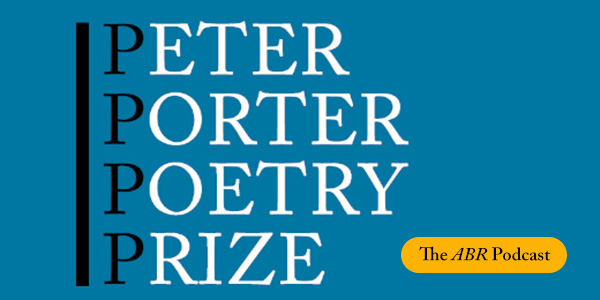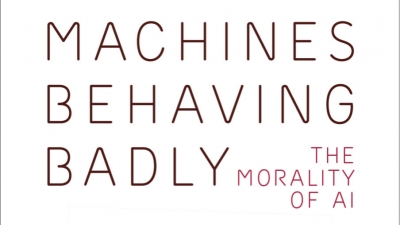Accessibility Tools
- Content scaling 100%
- Font size 100%
- Line height 100%
- Letter spacing 100%
AI
The ABR Podcast
Released every Thursday, the ABR podcast features our finest reviews, poetry, fiction, interviews, and commentary.
Subscribe via iTunes, Stitcher, Google, or Spotify, or search for ‘The ABR Podcast’ on your favourite podcast app.
2025 Peter Porter Poetry Prize Shortlist
Read by the poets
This week on The ABR Podcast we feature the 2025 Peter Porter Prize shortlisted poems, as read by the five poets, published in the January-February issue of ABR.
Recent episodes:
On The ABR Podcast this week, Robyn Arianrhod reviews Nexus: A brief history of information networks from the Stone Age to AI by Yuval Noah Harari. Under the category ‘information networks’, Harari puts oral stories, clay tablets, chalkboards, newspapers, computers and more. Arianrhod writes: ‘Harari aims to illustrate these dilemmas so that we … are better prepared to handle the AI revolution’. Robyn Arianrhod is an Affiliate in Monash’s School of Mathematics and the author of Vector: A surprising story of space, time, and mathematical transformation. Listen to Robyn Arianrhod’s ‘Out of the loop: Relaying information across time’, published in the November issue of ABR.
... (read more)It was a busy day in February. I was in my office at Monash University, squeezing in some emails with one hand and a quick bite of lunch with the other. Yeah, a typical day for an academic. That’s when I came across an email sent to me by a PhD student from another Australian university who wanted to know about a research paper I had written. They sent me the title of the paper, the abstract, and the author list.
... (read more)



